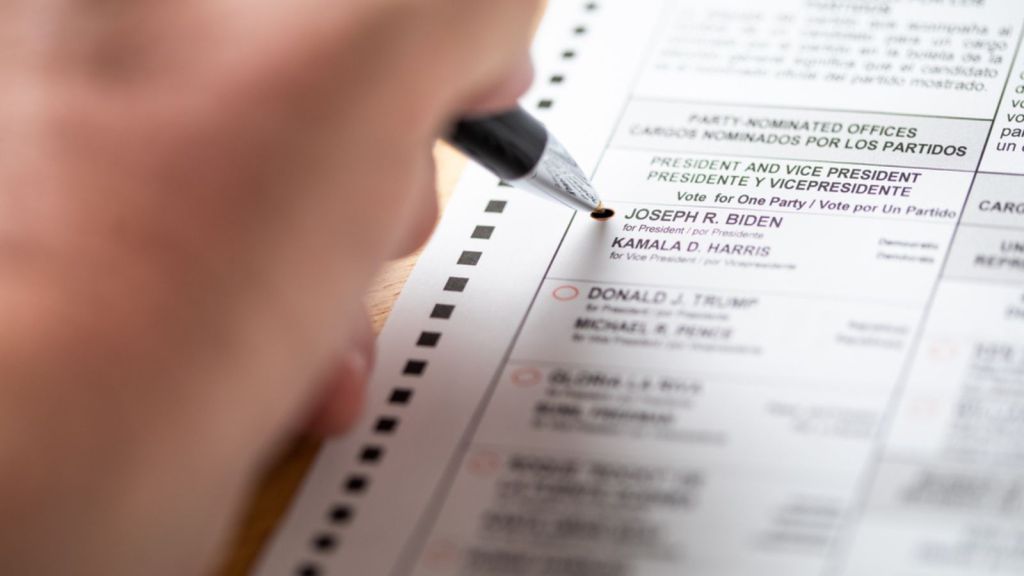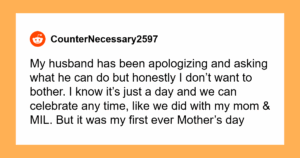“Unlocking Democracy: The 14 Surprising Myths About U.S. Voting That Could Change Your Perspective!”
Have you ever been in a discussion about voting and heard something that made you raise an eyebrow, like the idea that mail-in ballots are akin to sending your vote into a black hole? It’s funny how something as fundamental as voting—an act celebrated as our democratic duty—can be clouded by weird myths and misunderstandings. As the U.S. gears up for yet another election cycle, now’s the perfect moment to debunk these misconceptions that not only muddy the waters but can also deter folks from exercising their right to vote. Whether it’s a well-meaning relative, a clickbait article, or some self-proclaimed expert on social media, we all have our share of hearsay. So, let’s dig in and set the record straight about what’s fact and what’s fiction in the realm of voting. Ready? Let’s go! LEARN MORE
What’s the weirdest thing you’ve heard about voting in the U.S.? While U.S. elections are often highlighted as a civic duty and a fundamental right, many myths and misunderstandings swirl around the process. These can lead to confusion, reduce voter turnout, or even discourage people from heading to the polls.
As the USA gears up for another election cycle, it’s a great time to clear up some of the most widespread voting myths. Maybe you’ve heard them from a well-meaning family member, a stranger on social media, or even some so-called “experts.” Let’s make sure to separate fact from fiction.
Here are some of the unusual myths about voting.
1. Mail-in Ballots Are Not Secure


Contrary to popular belief, mail-in voting is not some shady, underground process fraught with fraud. It’s a reliable method that’s been trusted for decades by military members, overseas voters, and absentee voters.












